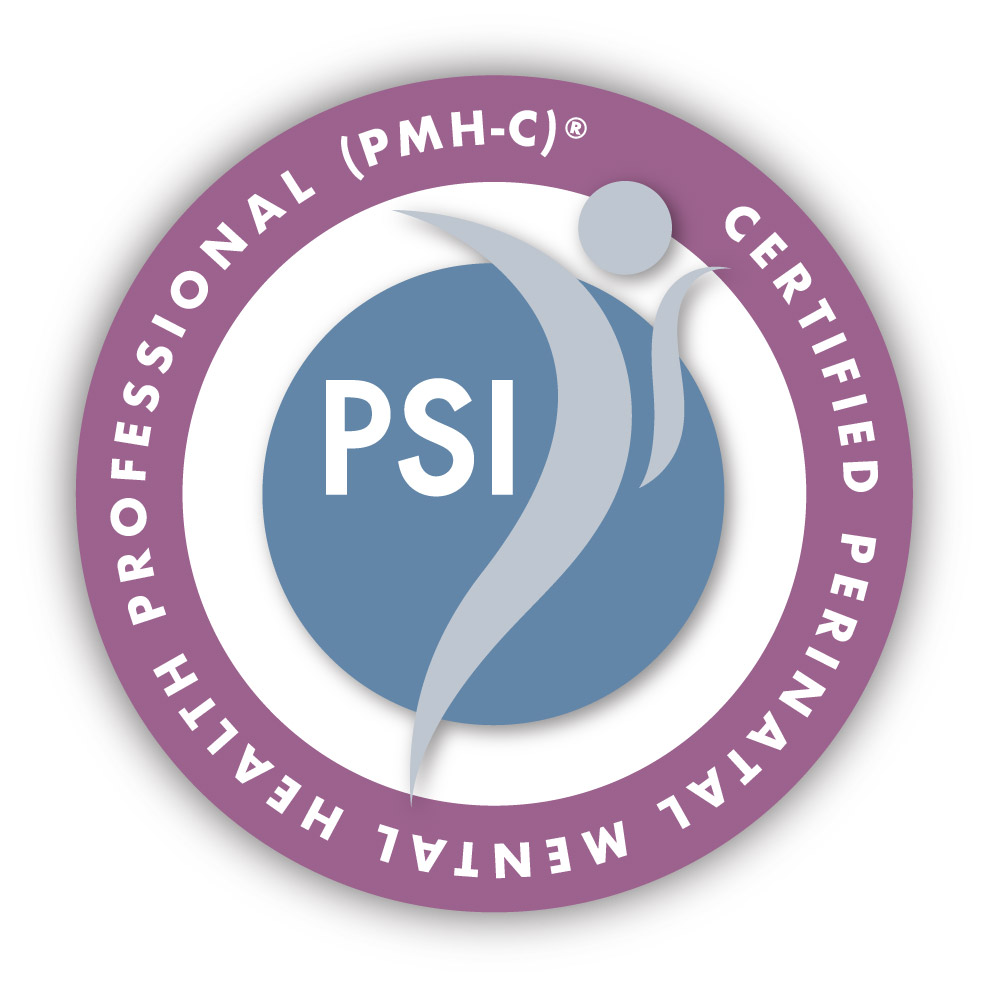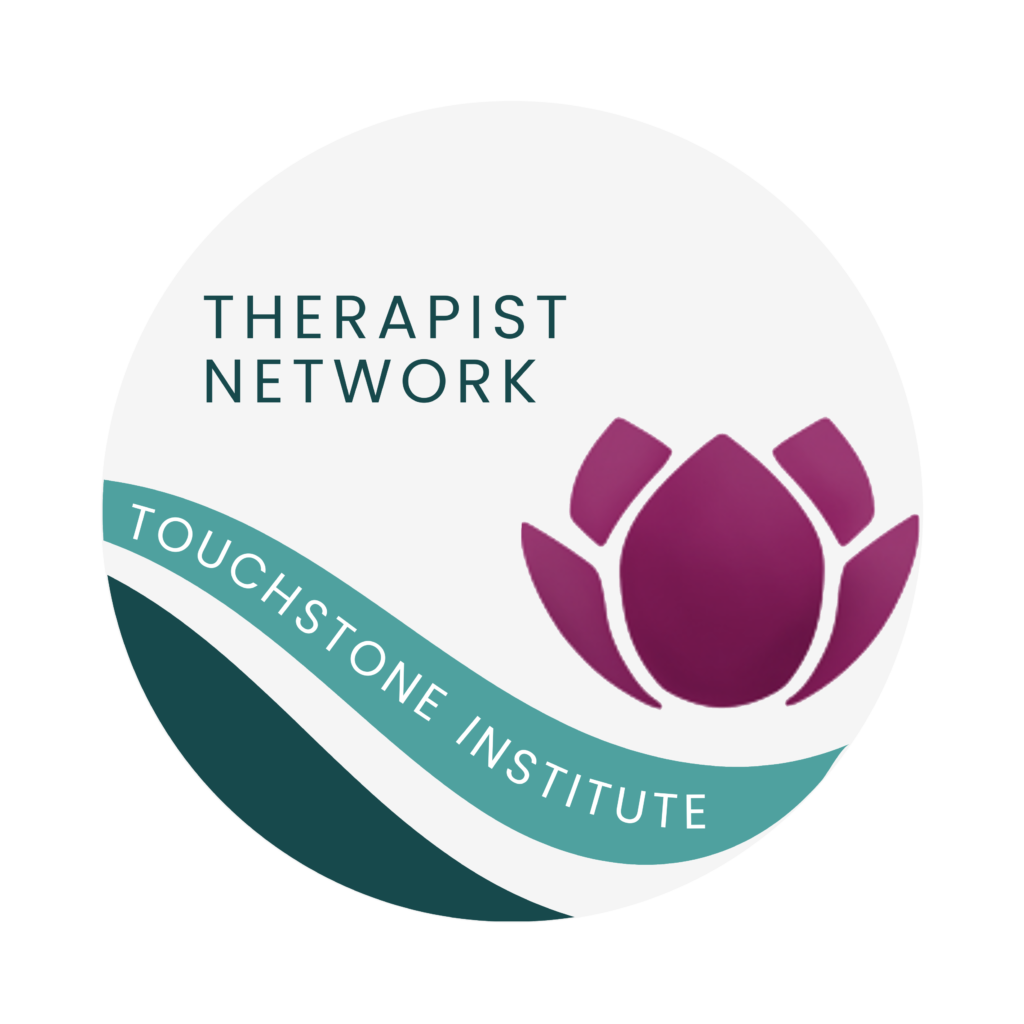Therapy for Birth Trauma and Reproductive Trauma
Your mental health matters
Throughout the perinatal and reproductive journey, there can be potential for many traumatic experiences.
Birth trauma and reproductive trauma can be a result of infertility, pregnancy loss, pregnancy complications, health concerns, near misses, violations, neglect, mistreatment, medical interventions, or medical emergencies. These very difficult situations are worsened by feeling unheard, judged, dismissed, or alone. Additionally, the birth or reproductive experience can sometimes be a trigger for past trauma.
The result is a traumatic experience at an already vulnerable and difficult period of time.
Did you know 33% of women who give birth report it to be a traumatic experience, including 1 in 9 who meet the full diagnostic criteria for Post-Traumatic Stress Disorder (PTSD)
Yup, perinatal trauma is THAT common.
When pregnancy and birth become traumatic...
Maybe getting pregnant was a struggle, and you felt your heart break a little bit more with every negative pregnancy test, every period, every birth announcement, and every pregnant belly you saw that was not yours. The damage has become too much.
Maybe you dealt with terrifying complications during pregnancy, birth, or postpartum. You thought you or the baby were in danger, experiencing a threat, and possibly might not survive. Maybe you felt unheard, mistreated, or violated at a time when you deserved to trust your care team.
Maybe this is an all too familiar experience, and you are finding your birth experience triggered previous trauma.
This was supposed to be a happy time. But now you feel broken, damaged, robbed of the experience you wanted. You might blame yourself: "I should have done something differently" or "I am a bad parent".
You try to move on with life, but you are easily triggered. You try to avoid the triggers, but that is not always possible or helpful. And when you get triggered, all the emotion, danger, and blame return. The trauma of your past is interfering with your enjoyment of your present, and it makes you wonder if you will ever be able to move on.
How do you know if you have Birth or Reproductive Trauma?
Trauma is subjective; it is in the eye of the beholder. Therefore, if you feel that your birth or reproductive experience was traumatic - it was, and you deserve to heal.
Symptoms of traumatic birth and reproductive trauma
Untreated birth trauma can cause us to relive past experiences (flashbacks, nightmares), feel hypervigilant (feel "on guard" as you constantly scan for potential dangers/triggers), avoid triggers, and feel disconnected from or betrayed by baby/partner/our body. You also might grieve preferred outcomes, blame yourself, blame others, feel jealousy, anger, and fear.
Trauma can have a negative impact on how we view ourselves or how we view the world.
Perinatal trauma is treatable
With therapy, we can work to understand your trauma experience, learn to cope with intense emotions and memories, and heal the deep hurt. Trauma therapy can be difficult, but the healing makes it worth it.
Book a FREE, 20-minute phone consultation
Perinatal trauma therapy
To treat birth trauma and reproductive trauma, I use an empirically supported and effective method called EMDR Therapy (Eye Movement Desensitization and Reprocessing Therapy).
EMDR for perinatal trauma looks like:
- First, addressing symptom reduction and making the day-to-day a bit better ASAP. We find coping tools and resources that help manage distress and help you feel prepared to do deeper trauma processing.
- Understand your experience of trauma and the impact trauma has on the body.
- Identify specific traumatic memories from the birth experience or past trauma to process deeper.
- Process through the traumatic memories so you can stop reliving them. In EMDR therapy, we do this in a way where we are feeling through the memories rather than talking through the memories - this can be a much faster and more effective way to process trauma.
- Desensitize painful memories. In other words, we remove the emotional sting from the memories
- Reprocess these memories. In other words, we find more adaptive and healing ways to think about the experiences.
- Because we are feeling this through rather than talking, we are working in the deeper parts of the brain and, therefore, creating more lasting change and healing.
Click Here to learn more about EMDR Therapy
I am passionate to help you heal because I also had a traumatic birth
In 2017, I had a traumatic birth experience that included pregnancy complications, near misses, pre-term birth, an emergency c-section, and a NICU stay. I was incredibly impacted as a result, but unfortunately, there were not many supports available for birth trauma back then.
After I worked on my own healing, it became my mission to specialize in perinatal mental health and birth trauma so others could have the support that I did not have.
I am a Registered Psychologist and Certified Perinatal Mental Health Professional (PMH-C) and have done extensive training in perinatal, birth, and reproductive trauma, including basic and advanced EMDR training for perinatal trauma from the respected Touchstone Institute.
Learn more about my perinatal mental health specialty and experience here


Healing from the comfort and convenience of your own home
Virtual therapy makes healing from birth trauma more accessible. Virtual trauma therapy is just as effective as in-person therapy, but so much more convenient (no traffic, no parking, etc.). Find a private room at home, make a cup of tea, grab a fuzzy blanket, and hop on our call.
It is never too early or too late to heal from perinatal trauma.
If you are being impacted by past birth or reproductive traumatic experiences, reach out today. It is never "too early" or "too late" to heal from birth or reproductive trauma. If it happened yesterday or several decades ago, and anytime in between, therapy can help.
To hear other people's experiences of Birth Trauma and therapy, watch this video
Hopeful Horizons
Holding Hope for a Better Tomorrow
You deserve to heal!
Schedule a free phone consultation or first appointment today!
